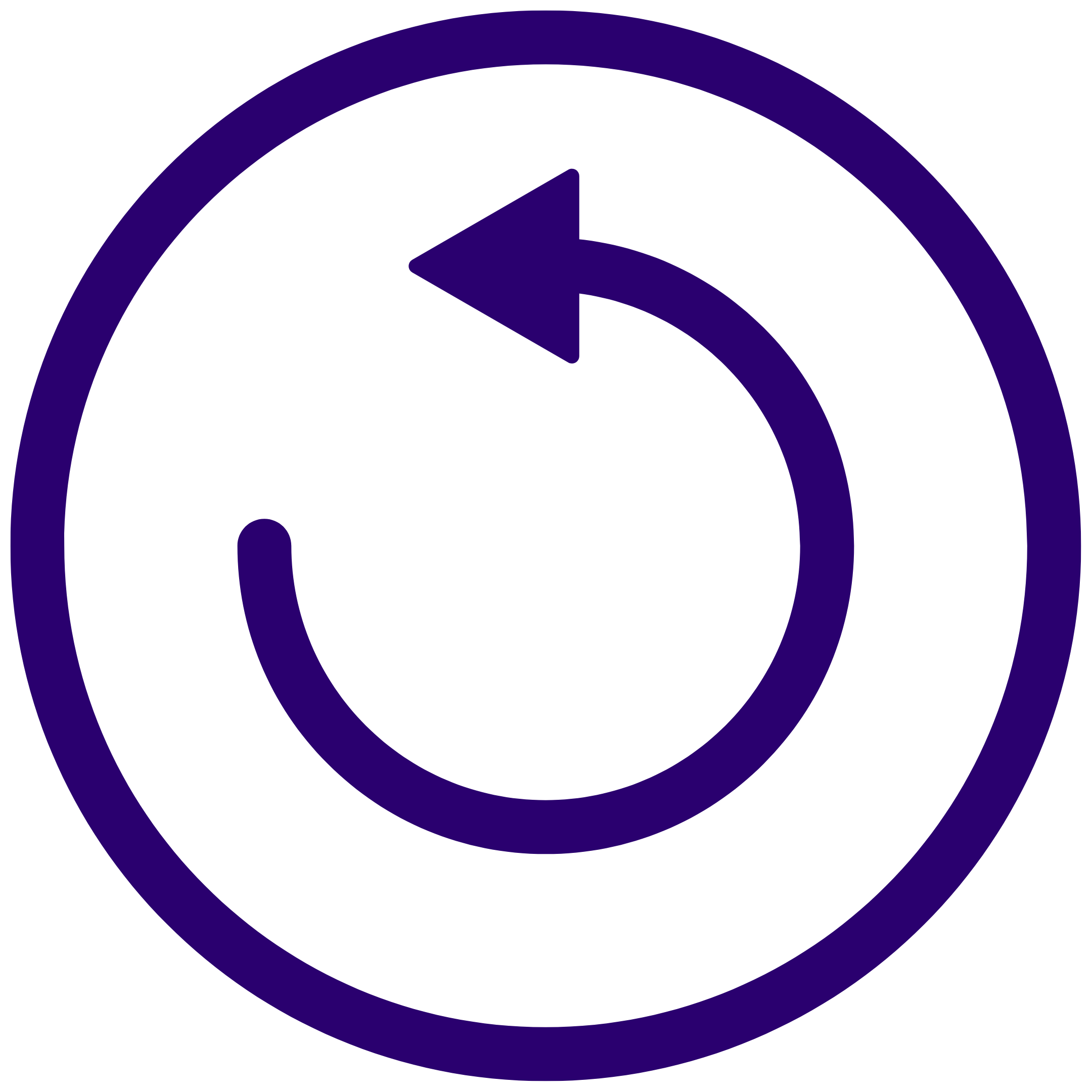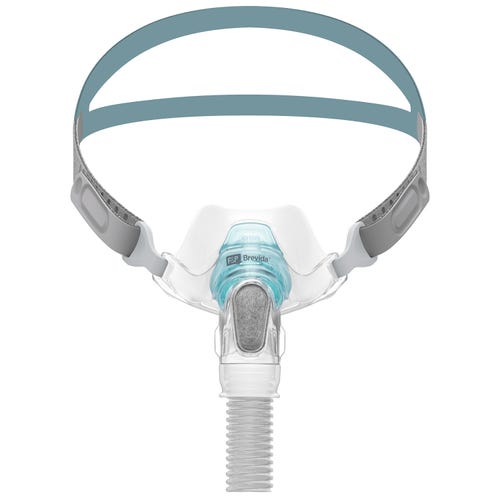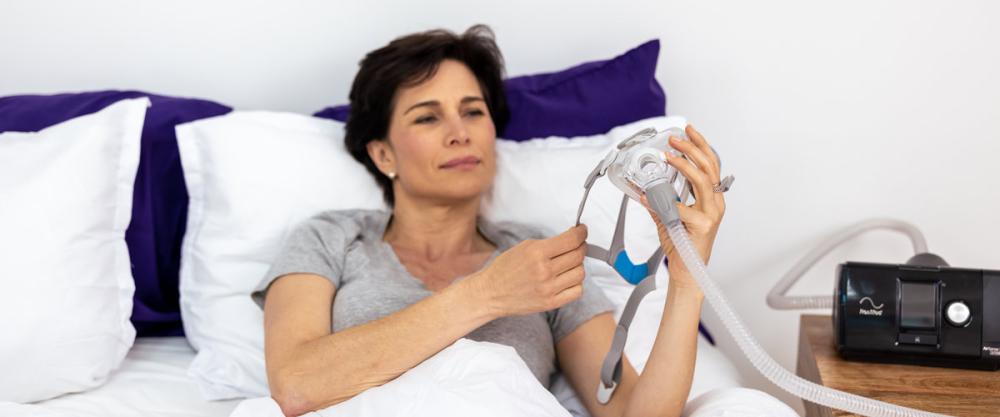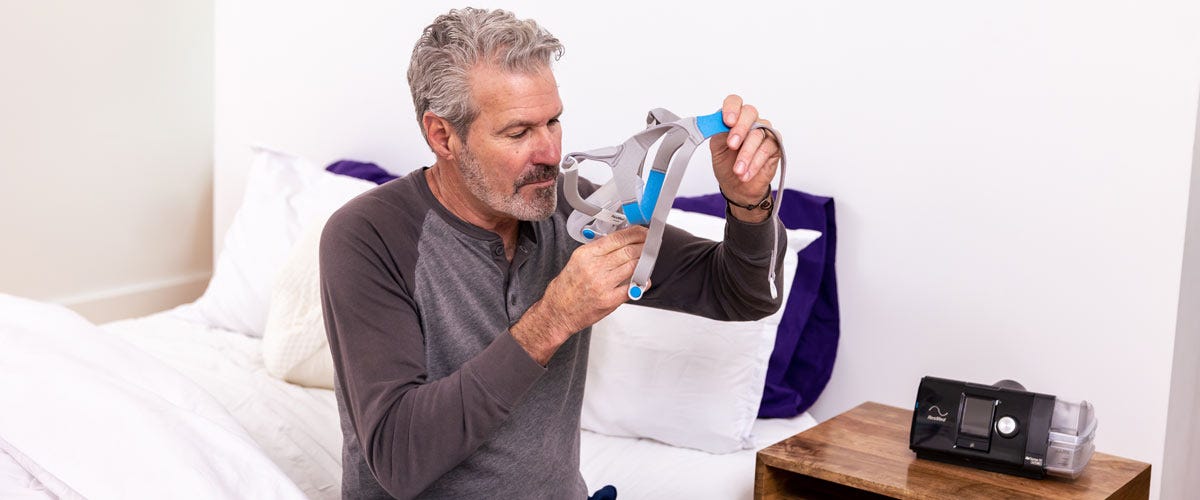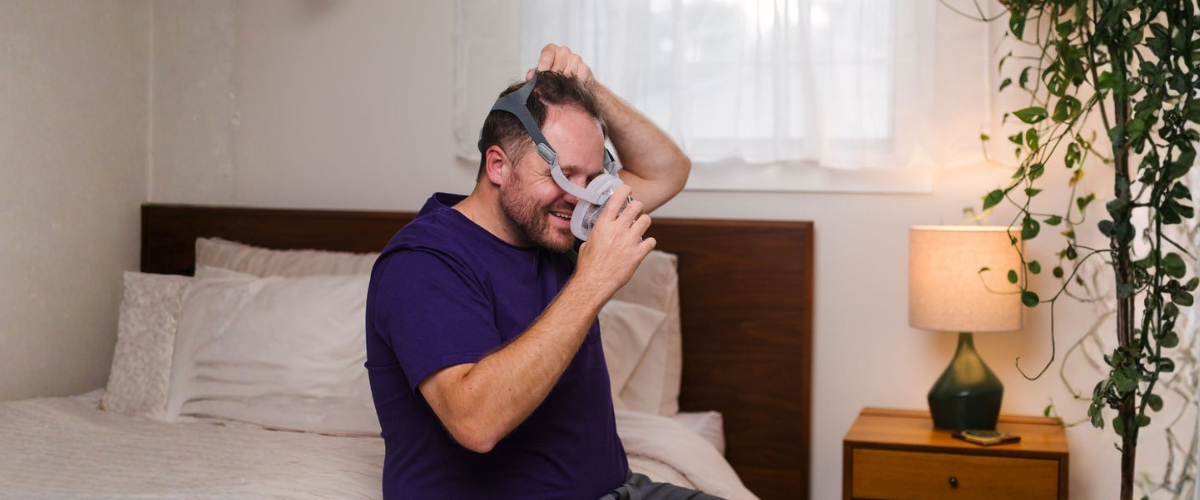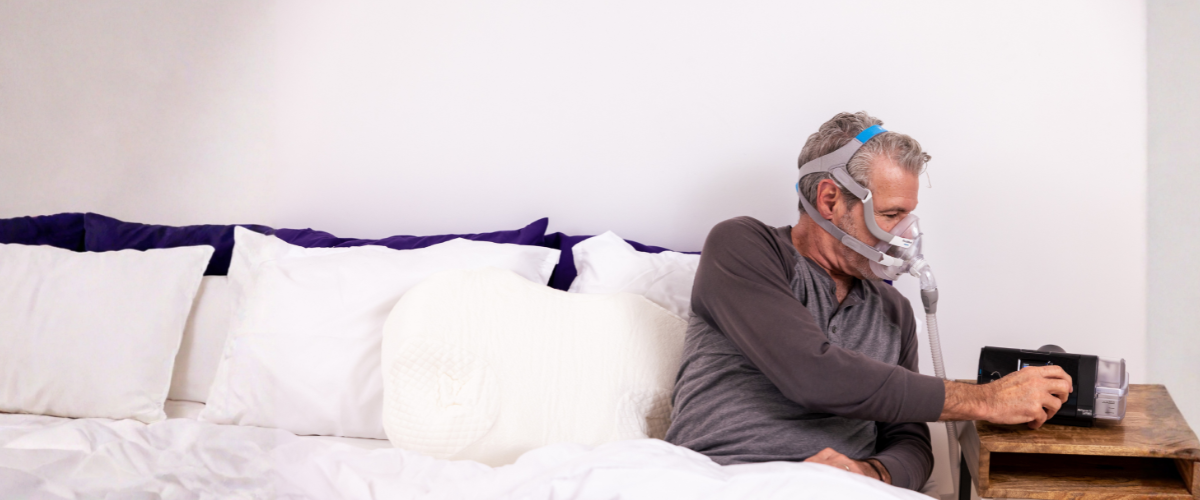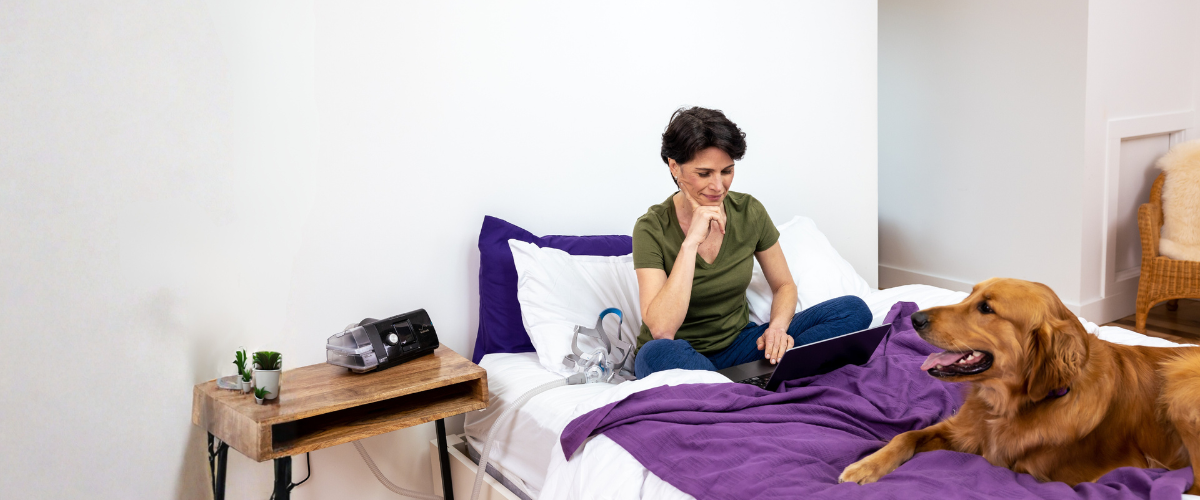CPAP therapy can certainly take a little getting used to. From the whirrs of your new CPAP machine to the tubing becoming your new bedtime partner and more, it takes a few days to adjust. But soon you’ll learn how to sleep peacefully, putting an end to sleep apnea, unless one of the CPAP side effects is skin irritation! Acne, pressure marks, sores, rashes, and more may make you want to quit therapy, but don’t give up. There are plenty of ways to prevent CPAP skin irritation.
What Causes CPAP Mask Skin Irritation?
While manufacturers do everything they possibly can to produce a comfortable CPAP mask, everyone is different. It can be difficult to account for different facial sizes and levels of skin sensitivity. So various CPAP masks can cause irritation.
Full Face CPAP Mask Irritation Causes:
- CPAP cushions are usually made out of silicone for comfort but it can cause skin sensitivity for some patients and some people a silicone allergy.
- Older CPAP cushions break down over time and can become abrasive and uncomfortable to use.
- Your CPAP mask might be dirty. They can collect dust, skin cells, bacteria, oil, and more over time.
- You might be tightening your CPAP mask too much, increasing the amount of pressure it puts on your chin, cheeks, and nose.
- Your CPAP mask might be the wrong one. Maybe you need to change sizes or switch to a different type of mask to better adhere to your facial features.
- You may have oily skin, which can cause CPAP masks to slide during the night.
- Your humidifier could be causing CPAP rainout, where moisture collects in the tube and splashes your face.
CPAP Nasal Pillow Irritation Causes:
- Your nasal pillows could be the wrong size.
- You could be placing the nasal pillows too far in your nose.
- The air passing through your CPAP tubing might be too dry.
8 Ways To Prevent CPAP Mask Skin Irritation
If you experience any type of skin irritation caused by your CPAP mask, you aren’t out of luck. There are a number of things you can do at home to quickly reduce chaffing and pain for a peaceful night of sleep:
- Purchase properly fitting CPAP masks by using sizing templates online to reference which size you need. It can also help to have an alternate mask type to switch to.
- Loosen up your CPAP headgear. Your mask should gently sit on your face, it shouldn’t be tightened down.
- Regularly clean your CPAP mask with CPAP wipes or soap and water to get rid of infectious pathogens. Or conveniently place it in the Lumin CPAP Cleaner!
- Don’t place your nasal pillows too far in your nostrils. They should sit at the edge of your nose.
- If your nostrils and mouth are constantly drying out try using a CPAP with humidifier to add moisture to the air passing through the CPAP tubing.
- Prevent CPAP rainout by placing your CPAP machine lower than your head when you sleep. Also, try adjusting the temperature of your bedroom to be warmer or adjust your humidifier settings to be warmer. Covering the tube with your blanket is another way to keep the air warm.
- Replace your CPAP supplies on a regular basis according to their replacement schedule. If you don’t want the hassle of remembering to get new masks, tubing, filters, and more every so often then sign up for our prescription program to have CPAP supplies shipped to your home on a regular basis.
- If you’re allergic to your CPAP mask stop using it immediately and look into options that use gel instead of silicone. Use can also try a mask cover or one of the following items.
The Best CPAP Supplies To Reduce Irritation
There are a few products that can help instantly reduce red marks, chafing, breakouts, and more!
- The ResMed Gecko Nasal Pad is a gel pad that you place across nasal bridge to reduce skin irritation and facial sores. It also helps to reduce air leaks.
- CPAPgel is designed to create a thin, adaptable seal around your CPAP mask cushion to help prevent air from leaking. It also revitalizes dry skin and cracked lips to reduce skin irritation. The gel barrier also prevents the oil from your skin from breaking down your mask cushion, allowing it to last longer. The gel is aloe vera based to soothe and heal your skin.
- There are also a variety of CPAP mask liners for both full face masks and nasal masks. The soft cloth material creates a comfortable barrier to prevent air leaks and reduce chafing, red marks, and soreness. Many of the liners are reusable.
Stop Irritation, Get Your Beauty Sleep!
If you’re experiencing any CPAP irritation, don’t give up CPAP treatment. It’s necessary for properly managing sleep apnea. Without treatment, this sleep disorder could contribute to much more serious health conditions such as heart disease, stroke, diabetes type 2, and more.
Plus, you literally need your beauty sleep. Sleep deprivation causes a rise in inflammation and stress hormones leading to skin conditions such as psoriasis, acne, eczema, and contact dermatitis. It can also increase dryness and wrinkles.
You need sleep to repair your body and to get enough collagen, which keeps the skin plump and wrinkle-free. Sleeping also releases a growth hormone that repairs microdamage that occurs during the day.




